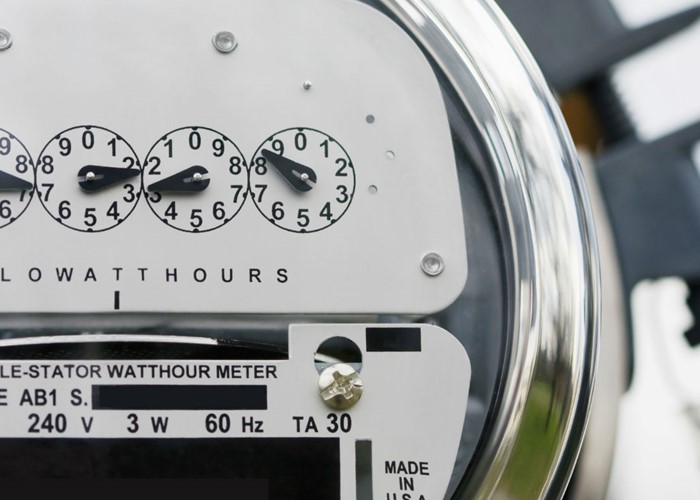Electricity bills to fall by average of £12

Ofgem confirms electricity bills will be cut.
The average electricity bill will fall by £12 next year, according to Ofgem, as a result of its price control proposals.
Ofgem has laid out details of proposed price control settlements with five of the six companies that run Britain’s local electricity network. These are the companies that transport energy into homes and businesses.
£17 billion will be spent on upgrades and maintenance for local networks under the plans, while fuel bills would actually be lowered during the eight-year period while these controls are in effect. The proposals are currently expected to come into effect in April 2015, and run until 2023.
Compare energy deals with lovemoney.com
The local electricity grid
The six companies that supply electricity at a local level are Western Power Distribution, UK Power Networks, Northern Power Grid, SP Energy Networks, SSE Power Distribution and Electricity North West.
Last November, Ofgem reached an agreement with Western Power Distribution over price controls, after Ofgem judged its business plan for the eight-year period was reasonable and provided customers with good value for money. The other five initially had their plans returned as they didn’t deliver good deals.
Since then, £2.1 billion has been saved by the companies by revising their business plans, with these savings to be passed on to their customers. 8% of a dual fuel bill is accounted for by the cost of local network distribution, and £12 (on average) will be saved by households across the country.
Customers in the North West who have their electricity supplied by Electricity North West stand to save the most, on average £26 a year, while customers in the South East, which is supplied its electricity by UK Power Networks, will be saving just £5 a year on average.
The proposals are now under consultation for eight weeks – Ofgem will publish the final decisions this November.
Compare energy deals with lovemoney.com
The electricity suppliers’ responsibilities
Ofgem has challenged the distribution companies to improve their customer service and take a more active role in helping vulnerable customers.
It says that so far companies have “responded well” and are planning on putting in place measures to help, for example during power cuts. Chief Executive of Ofgem, Dermot Nolan, commented that the local network charges are "part of Ofgem’s consistent drive to get the best deal for consumers".
Local supply costs, he explains, make up “the only part of the energy bill Ofgem directly controls and our plans today will deliver better customer service and efficient investment”.
Compare energy deals with lovemoney.com
How gas and electricity bills are calculated
How to complain about your energy supplier
Energy companies criticised for not passing on wholesale price savings
Comments
Be the first to comment
Do you want to comment on this article? You need to be signed in for this feature